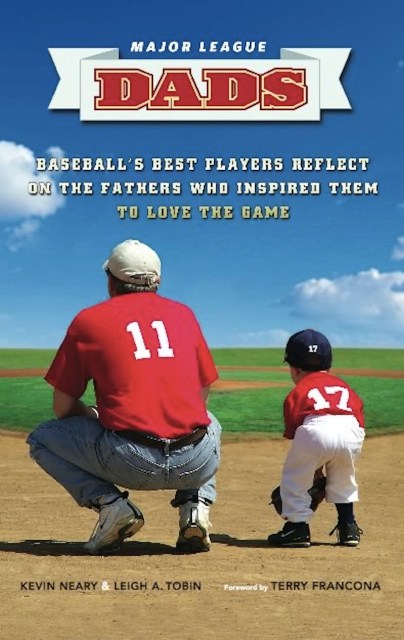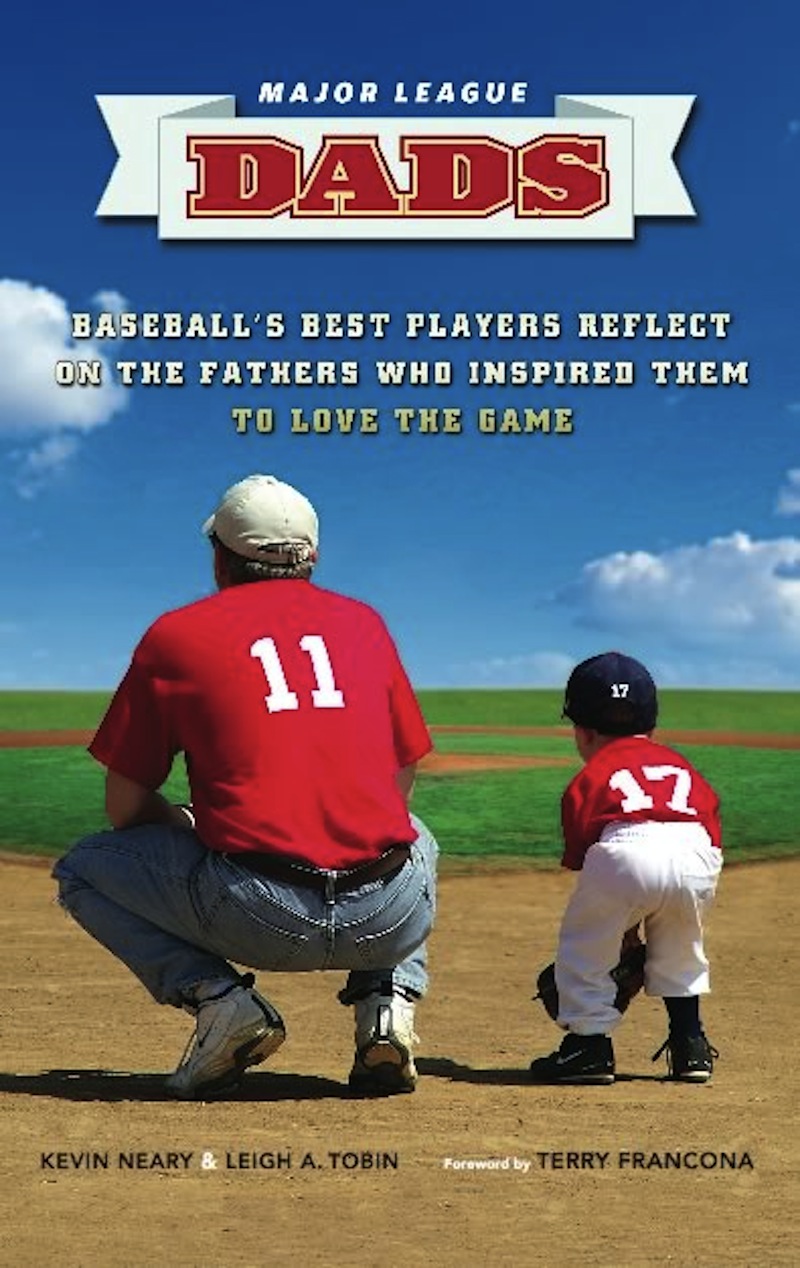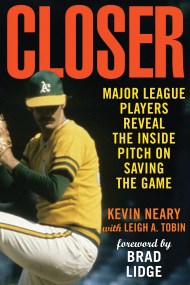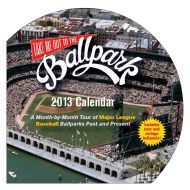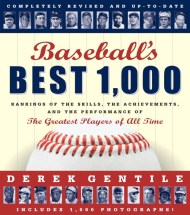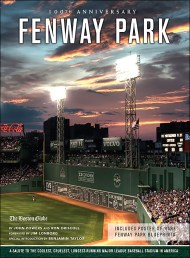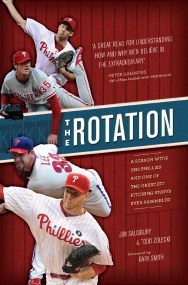Promotion
Use code FALL24 for 20% off sitewide!
Major League Dads
Baseball's Best Players Reflect on the Fathers Who Inspired Them to Love the Game
Contributors
By Kevin Neary
By Leigh A. Tobin
Foreword by Terry Francona
Formats and Prices
Price
$13.99Price
$17.99 CADFormat
Format:
ebook $13.99 $17.99 CADThis item is a preorder. Your payment method will be charged immediately, and the product is expected to ship on or around April 24, 2012. This date is subject to change due to shipping delays beyond our control.
Also available from:
- On Sale
- Apr 24, 2012
- Page Count
- 256 pages
- Publisher
- Running Press
- ISBN-13
- 9780762445028
Newsletter Signup
By clicking ‘Sign Up,’ I acknowledge that I have read and agree to Hachette Book Group’s Privacy Policy and Terms of Use
